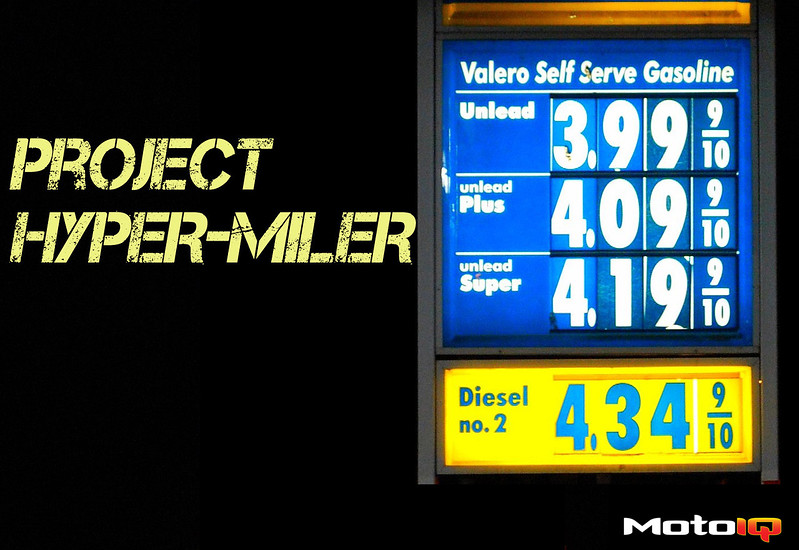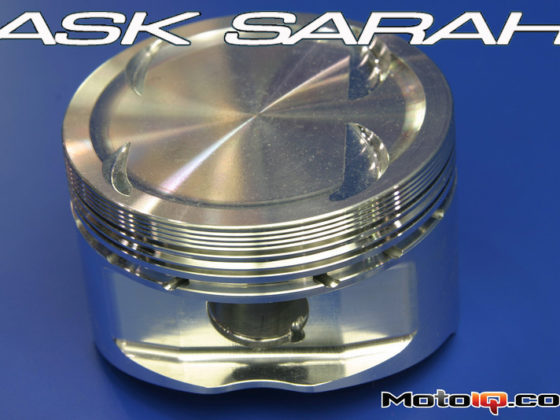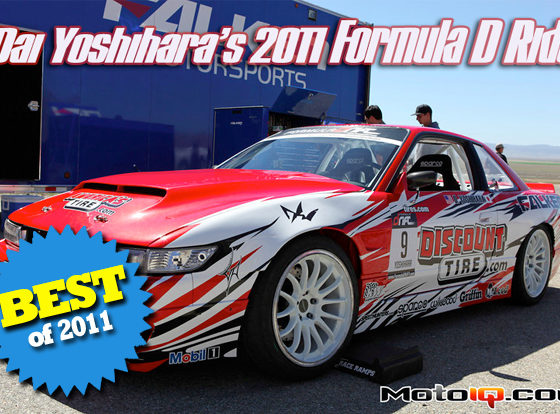,
Econoboxes can be broken down into three subcategories: Sporty, Spartan, and Appliances. Sporty econoboxes, like the Honda Fit/Civic Si, and Mazda 2/3, are fun to drive, but are either too small to do anything but drive to work in, or really don’t get that great of mileage to justify their purchase as commuters. Sporty econoboxes are usually accompanied by a Yakima rack permanently mounted to the car to prove how extreme its driver actually is. Whether the driver actually uses it year round or not is debatable. Spartan econoboxes, like the Kia Rio and Toyota Echo, are strictly reserved for those who think a short sleeve dress shirt and a tie is a perfectly stylish combination to wear to work. If one of these vehicles gives you a rubbery one, perhaps your spare time would be better spent on an accounting forum. Lastly, there are the Appliance econoboxes like the Nissan Versa and Toyota Corolla. Now, while the staff at MIQ generally abhors Appliances, they are a worthy commute defense mechanism. They are so well engineered for making you forget about driving that your conscious brain is barely aware of the fact that you’ve been staring at the same license plate for the last 20 minutes. Unfortunately, no car enthusiast can really bring him or herself to paying the exorbitant prices even a used-up Appliance fetches. Apparently, there are a lot of buyers out there that want to be “Everyday People.” Examples of these drivers (well, those that didn’t buy Hybrids) can be viewed on Antiques Roadshow.
This brings us to our final category: diesels. Diesels are a quirky bunch. In the 80s, they were loud and stinky slugs, and their reputation was forever ruined by Oldsmobile. Fortunately, modern diesels seem purpose-built for commuting: their power bands are strong in the low and middle rev ranges, they are almost silent at speed, and the fuel economy is generally excellent when compared to a gas-powered equivalent. While diesel vehicles command a higher price tag, this is mitigated by longevity, increased fuel economy, and better resale values, even with six digits on the odometer. Fitting for this community, modern diesels are ludicrously easy to modify for power. Finally, driving a vehicle that can run on just about anything oily gives you the mobility you’ll need to forage for food and supplies after the apocalypse. Mad Max was a moron: you don’t drive a big-block powered yank tank with a blower in the post-apocalyptic world, you drive a diesel.
Unfortunately, there aren’t many options these days – especially here in California – for people looking for used diesel commuters. Only one manufacturer offered diesel commuter type vehicles between 1995 and 2006: Volkswagen. Fortunately, VW offered a number of different options throughout this period, all powered by the venerable 1.9L Turbocharged Direct Inject (TDI) four cylinder engine: Golfs and Jetta sedans and wagons, as well as a Passat. A newer version of the Passat was available between 2004 and 2005, but was offered with an automatic transmission only and featured the transverse mounted 2.0L TDI engine.
 |
| Volkswagen’s Turbodiesel Direct Injection (TDI) cars are renowned for their combination of excellent fuel economy, reliability and power production. Volkswagen is also one of the very few companies brave enough to offer a turbodiesel passenger car in the United States. |
Since all 1.9L TDI engines used a timing belt and were interference engines, the most important maintenance item on these engines is timely replacement of the timing belt. Each generation has its own interval, but the belt and all related components – rollers, tensioner, torque to yield motor mount bolts, etc – should be replaced by someone with the proper tools. If you see paint marks on the pulleys, it was probably done wrong. If the owner cannot provide paperwork proving the timing belt’s replacement, budget that into your purchase price since you will need to replace it immediately.
From 1996 through 1999, VW offered the Jetta and Passat TDI, with the Passat coming as a sedan, or as a wagon – aka “Variant”. All of these cars featured the code 1Z or AHU engines with 90HP. Clean examples from this time period are becoming hard to find, since most TDI cars were used as long distance commuters and have been retired due to excessive mileage and wear. These vehicles had fewer features than their newer cousins, but were mostly reliable, primarily suffering from vacuum line issues causing limp mode (with an often overlooked vacuum hose in the ECU), clogged intake manifolds, and failing central locking systems operated by vacuum. The timing belt replacement interval is 60,000 miles for these vehicles. Variant models are extremely rare, and generally fetch a hefty price tag. Stay away from Big Gulps on road trips, as the Variant has a 25 gallon fuel tank, resulting in an amazing range in excess of 1000 miles. Expect to find cars in the $1000 to $5000 range, with Variants running as high as $10,000 for a clean example.
 |
| The B4 Passat was offered in both Sedan and Wagon (AKA ”Variant”) body styles. Variants are extremely rare, so expect to pay a premium for a clean example. Photo courtesy of M. O’Brien Photography. |



